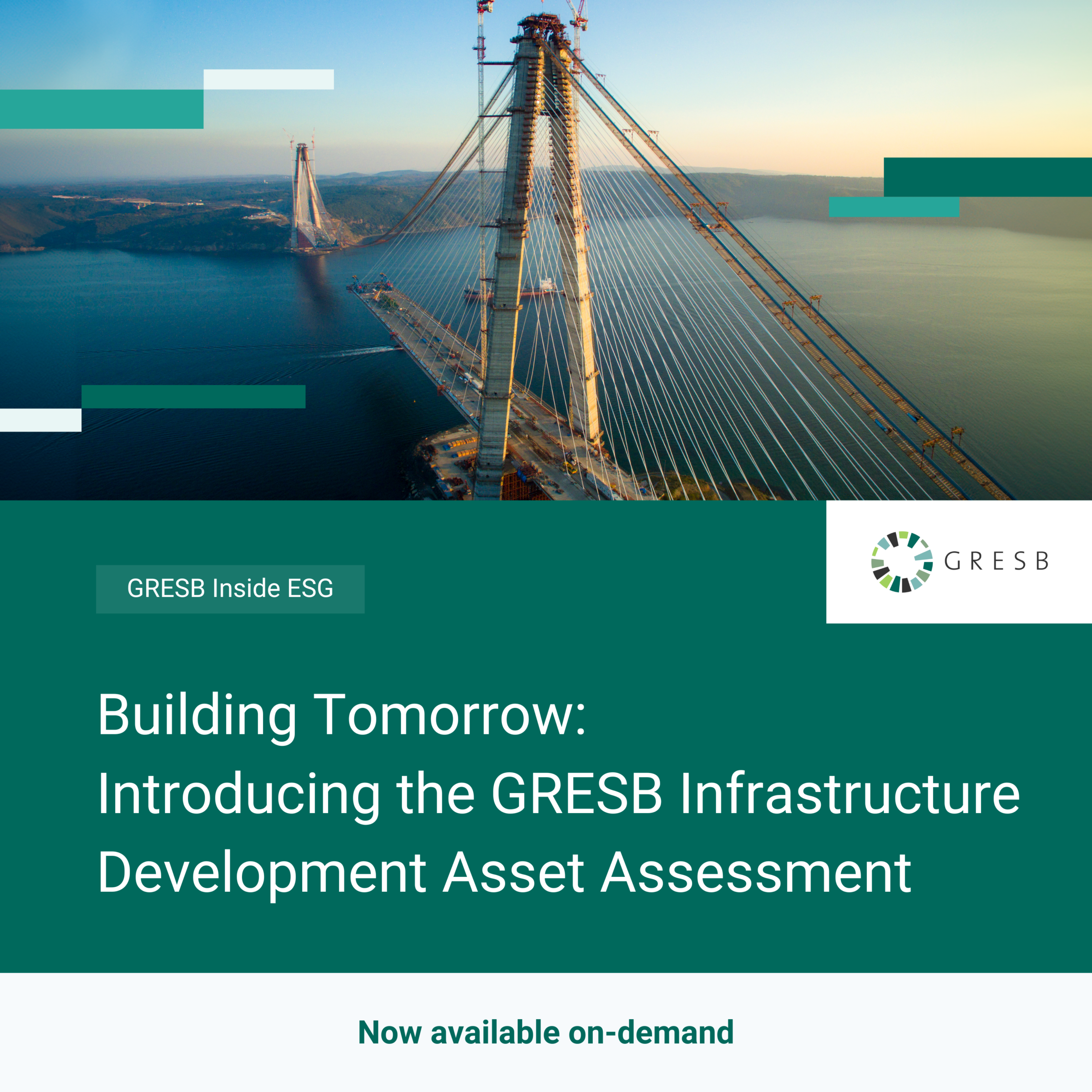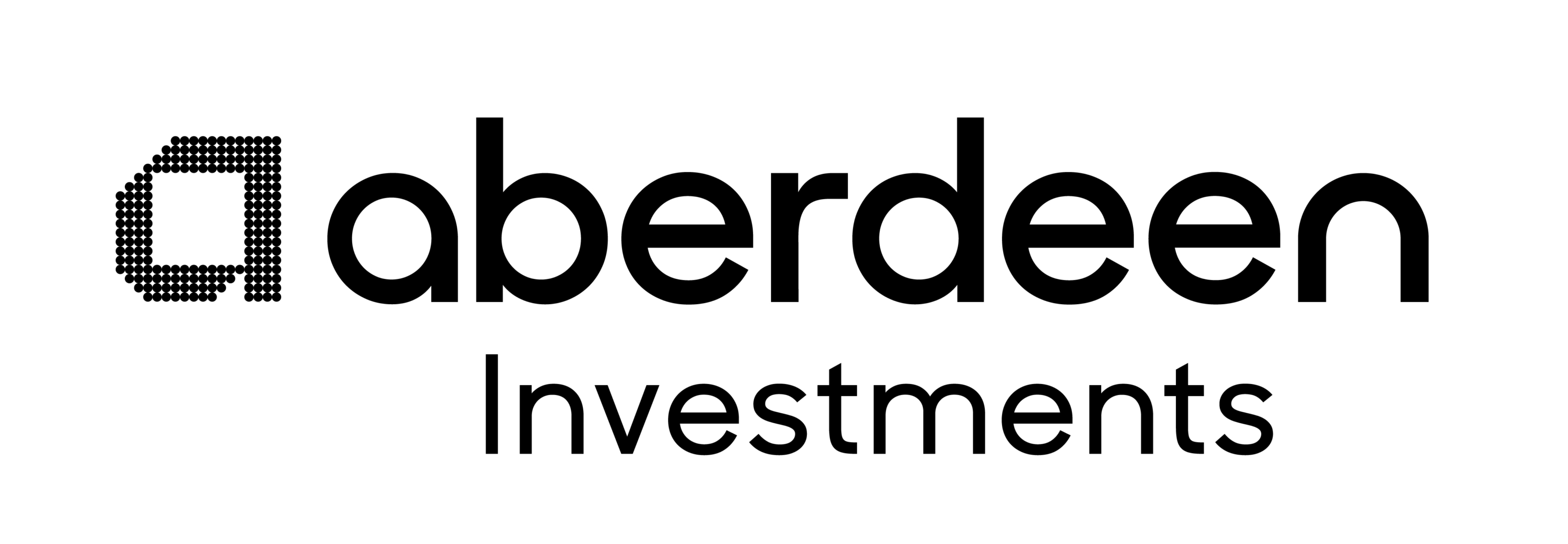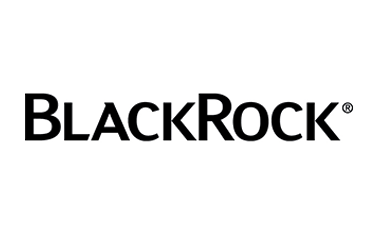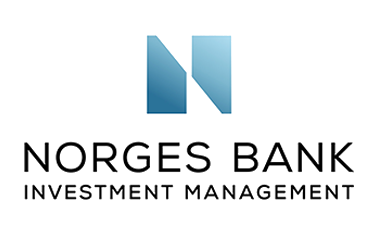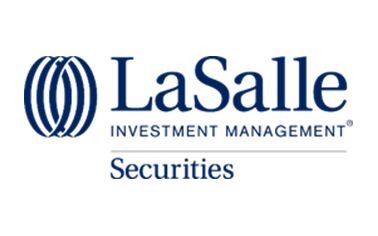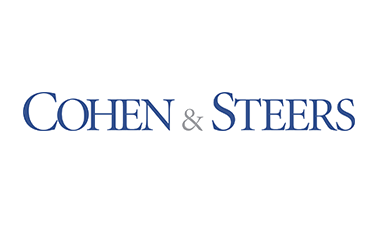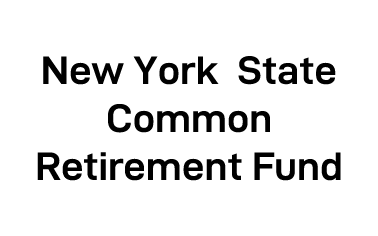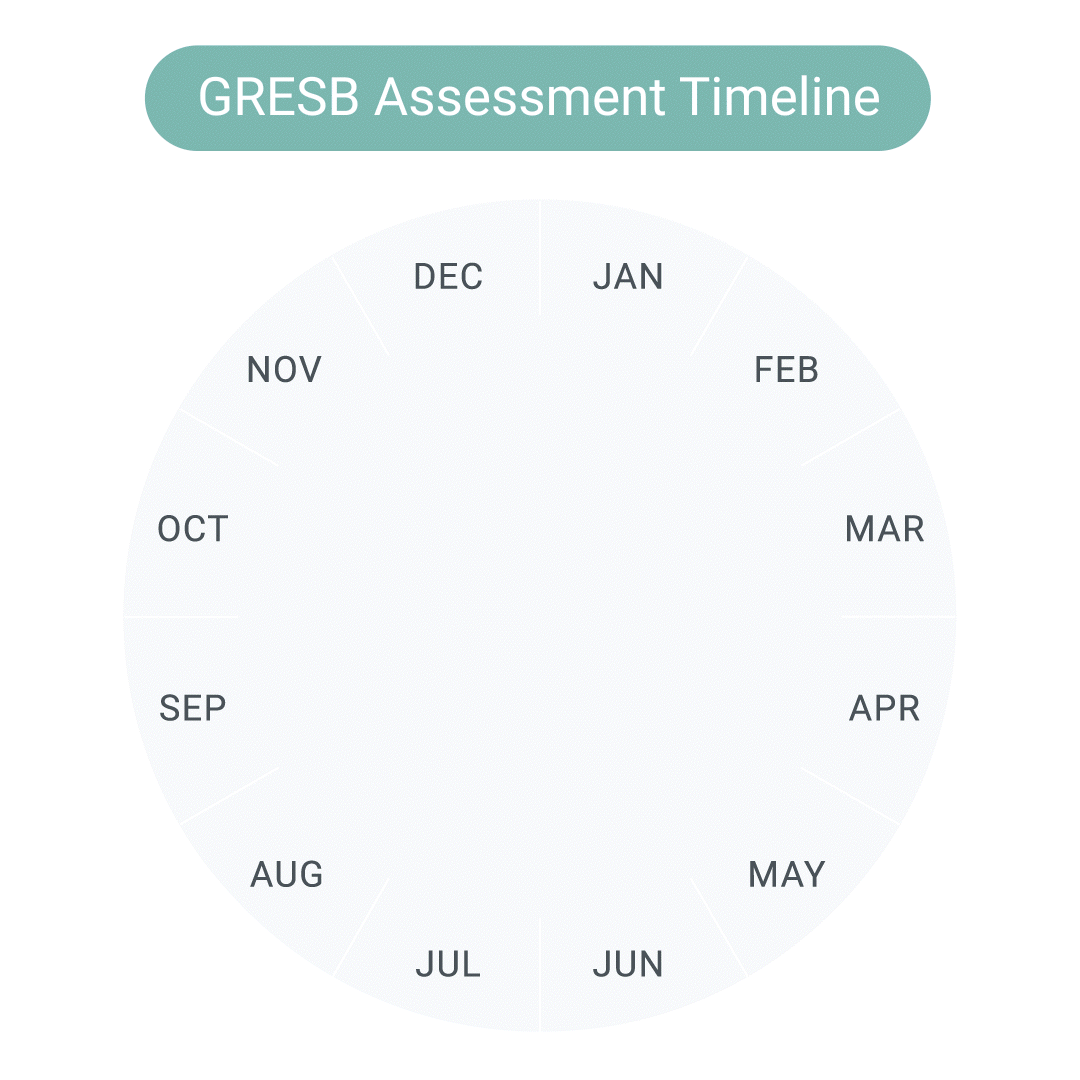Is GRESB for you?
Regardless of region, sector, size, or strategy, all real asset managers have a place in the GRESB Assessments. The GRESB methodology allows for a fair, apples-to-apples comparison of participant performance across infrastructure sectors, regions, and asset types – whether existing or in development – based on curated peer groupings.
The real assets industry stands to play a crucial role in creating a sustainable world and all managers, developers, and asset owners and operators are increasingly expected to actively look at and report on their sustainability practices. With many jurisdictions across the world introducing new mandatory sustainability-related rules and reporting requirements, a focus on operational resilience is no longer optional.
View our 2024 GRESB participants to see the breadth of coverage and entities participating in GRESB.

When should I get started?
Getting started with GRESB as early as possible is essential to benefit from year-over-year improvements, show investors your commitment to sustainability, and to actively contribute to the real assets industry’s collective efforts to become more sustainable.
Some managers who are exploring GRESB may consider postponing their participation until they have complete data coverage and “perfect” responses to each question in the assessments. However, this approach can create a chain of delays, pushing participation and the opportunity to learn from the assessment, often causing firms to miss out on timely insights into their performance that would, otherwise, enable significant year-over-year improvements. Delaying participation will also put off recognition of a firm’s sustainability efforts as these won’t be captured in the GRESB benchmark, which represents an important tool for investors as part of their investment decision-making.
For example, when we look at the improvement curve over time of new participants in the infrastructure benchmark, which you can see below, we see that scores tend to jump by 10+ in the second year of reporting.
There is a long-arc to performance data. […] Each day that goes by puts the recognition of your efforts further in the future.”
Thomas Stanchak
Director of Sustainability, Stoneweg US
What about scores?
Some managers who are looking to get started with GRESB may be concerned that assessment mistakes or a lack of data may be seen negatively by investors or result in a low score. This is why we offer all new members a “Grace Period” – the ability to participate in the assessment in the first year without the pressure or expectation to share results with anyone outside your organization.
This option allows you time to familiarize yourself with the GRESB reporting and assessment process without undergoing scrutiny from investors, should you wish to keep your results confidential. All participants can also request a Pre-submission Check and take advantage of the Assessment Correction to check and verify submissions. On average, GRESB participants see a 10 point increase in their GRESB score in their second year of reporting.
Some participants may also choose to only participate in the Management Component of the assessment in their first year, which enables them to begin reporting on their ESG practices without needing to delve into performance data until they feel ready. This approach allows managers to start showing their commitment to sustainability and get started while reducing the burden of first-year reporting.
